New United Nation Food and Agriculture report tells us again that eating meat has perhaps the largest negative environmental impact of any human action. And more than half of the world’s crops are fed to animals.
I’ve written on the relationship between eating meat (or being vegetarian) and the environment extensively before. However, there is a relatively new report out by the United Nations Environment Program (UNEP) and I think, in light of that, this is an issue worth coming back to.
Summarizing the report, Professor Edward Hertwich, one of the lead authors, concludes: “Animal products cause more damage than [producing] construction minerals such as sand or cement, plastics or metals. Biomass and crops for animals are as damaging as [burning] fossil fuels.”
This report, titled “Assessing the Environmental Impacts of Consumption and Production: Priority Products and Materials,” [PDF] shows that, on the global scale, 70% of freshwater consumption and 38% of total land use are for agricultural production. Additionally, 14% of the world’s greenhouse gases are from agricultural production. Meat and dairy products have a stronger negative effect in these arenas than plant-based products. As the report says, “Animal products, both meat and dairy, in general require more resources and cause higher emissions than plant-based alternatives.”
Some other key findings that Warren McLaren of TreeHugger pulled out of the report are as follows:
Agriculture and food consumption are identified as one of the most important drivers of environmental pressures, especially habitat change, climate change, water use and toxic emissions.
Animal products are important because more than half of the world’s crops are used to feed animals, not people.
Impacts from agriculture are expected to increase substantially due to population growth, increasing consumption of animal products. Unlike fossil fuels, it is difficult to look for alternatives: people have to eat. A substantial reduction of impacts would only be possible with a substantial worldwide diet change, away from animal products.
Large proportions of the world’s crops are fed to animals and this is expected to increase to 40-50% of global cereal production in 2050.
I also pulled this quote out of the report:
The sector is responsible for by far the most of the land and water use globally, leading to habitat loss and other negative impacts on ecosystems. The use of agrochemicals is related to ecotoxicity, eutrophication and depletion of phosphorus stocks. Intensive agriculture is related to substantial energy use. The loss of soil and biomass carbon can contribute to climate change.
Want to change something in your diet to help the planet, go vegan or vegetarian. Also, eating organic foods more is clearly something you can do to help out as well.
Like this article? Connect with me on Facebook or Twitter
Image Credit: arimoore via flickr/CC license


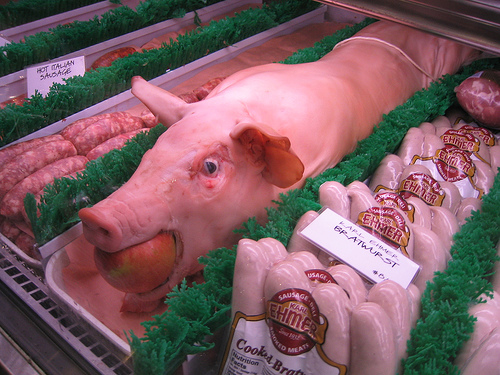











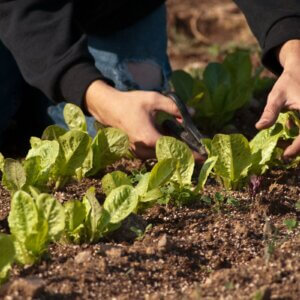

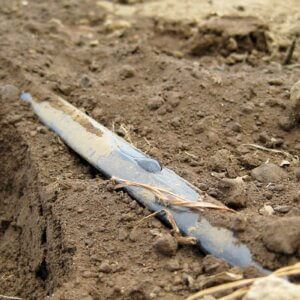
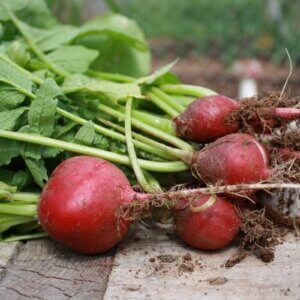
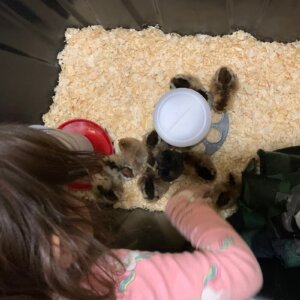






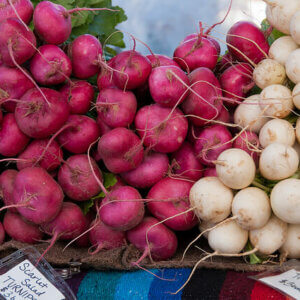


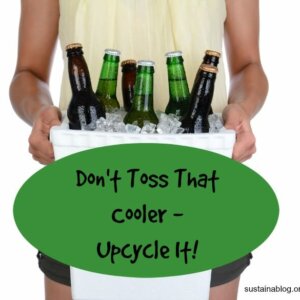

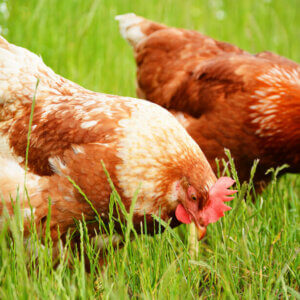

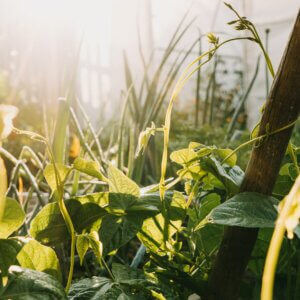


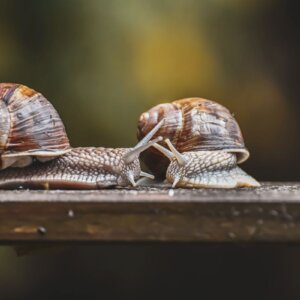

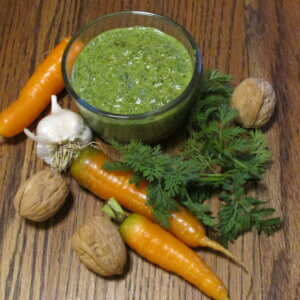


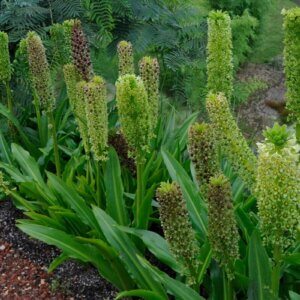
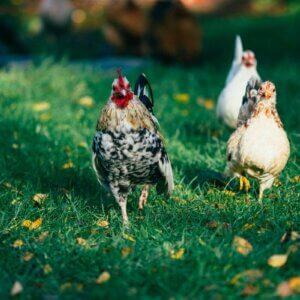
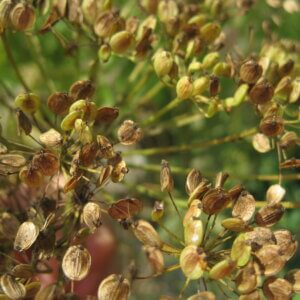
It always makes me feel good about being vegan when I read things like this.
While going vegan is admirable, you can take “baby steps” as well.
One study suggests that cutting out one day a week of beef does as much (on average) for the planet as switching your car from an SUV to a hybrid.
And if you cut back on beef, you can spend a little extra on the days you do eat meat, and buy better-quality free-range and grass-fed beef, which is much better (for the planet AND for you) than factory-farmed meat (because of the amount of petrochemicals used in its production, factory-farmed beef is pretty much like putting oil right on your BBQ).
Read more about this here: http://redgreenandblue.org/2010/06/05/beef-is-the…
Totally, Jeremy! Veganism isn't for everyone, but cutting back meat can have a positive impact, too. Thanks for the link!
I just made a link on my blog to your website. Thanks for sharing this post on the effects of eating meat. Brian.